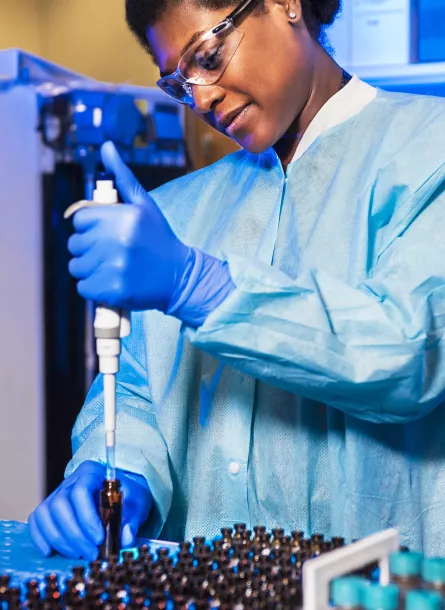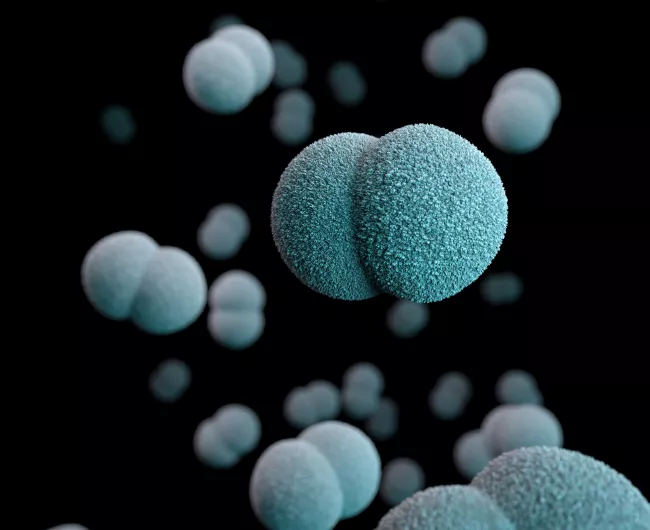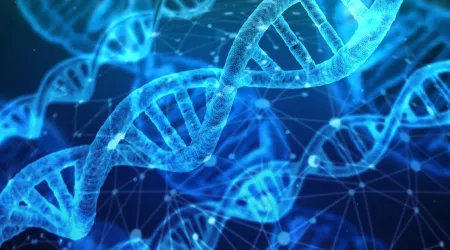
Dihydropyrimidine dehydrogenase (DPD)


What is a DPD biomarker?
Our bodies have a gene that produces the dihydropyrimidine dehydrogenase enzyme, which helps break down certain medications in the liver.
If there is mutation in the gene, your body will not produce enough of the dihydropyrimidine dehydrogenase enzyme. This condition is called dihydropyrimidine dehydrogenase deficiency (DPD).
Having DPD can cause fluorouracil-based chemotherapy drugs (which are commonly used in colon cancer treatment) to build up in your body and cause severely toxic reactions.
Note: It has been shown that pretreatment genetic testing for DPD may reveal a need to reduce fluoropyrimidine-based treatments (fluorouracil [FU], capecitabine, and other analogs) to avoid potential lethal toxicities.

Who should have DPD testing?
Because DPD mutations occur in less than 3% of the population, testing is usually not required unless a patient has an adverse reaction during treatment with fluorouracil-based chemotherapy drugs.

What are the symptoms of low levels of DPD?
If you are experiencing side effects such as uncontrollable nausea, vomiting, or diarrhea, very low blood counts, high fevers, or extreme weakness during treatment with fluorouracil-based chemotherapy drugs, contact your doctor immediately.
Other biomarkers
HER2 / ERBB2 BiomarkerTop resources

Michelle Cappel: Biomarker testing extends life
Michelle Cappel owes a lot to colorectal cancer biomarker testing — seven years of life and counting.

Not all states mandate biomarker testing coverage
While Congress has yet to bring Medicare coverage fully up to speed with advances in biomarker testing, many states are acting.

Janice Johnson: get informed and advocate for yourself
When Janice Johnson started experiencing sudden GI symptoms at the age of 48, a cancer diagnosis was the last thing she expected. In fact, it was difficult for her to even get a colonoscopy in the first place, being that the recommended screening age was 50 at the time (2016).





